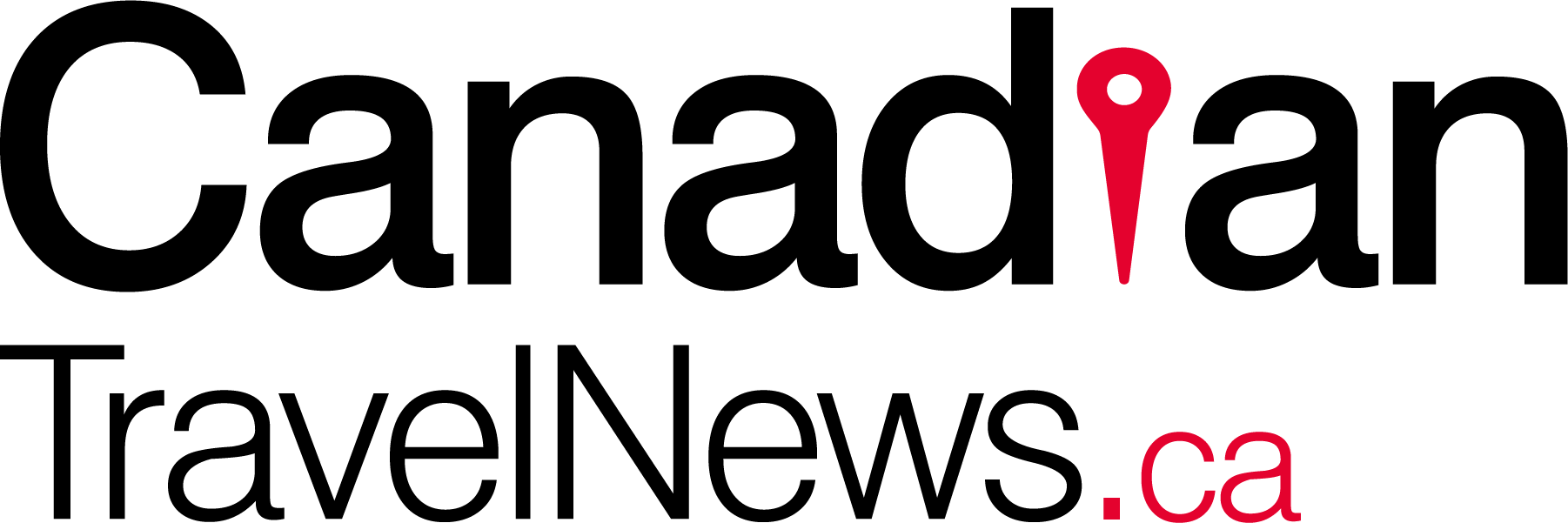
U.S. Congressman, Canadian Authorities Seek Border Opening Plan. Any Plan at All.
April 21, 2021 Jim Byers
The Canada-US border was slammed shut for another month on Tuesday, but some are already calling for a plan for re-opening.
“We need a plan to open the U.S.-Canadian border,” U.S. Representative Brian Higgins, a Democrat from Buffalo, wrote on his government website. “With vaccines, face masks, and good physical distancing we can do so safely and successfully.”
Higgins says he’s like to see the definition of essential traveller to be immediatetly expanded to include those with family, property or business interests in Canada and that he’d like the two countries to work toward the goal of a full reopening of the border by July.
“It’s 395 days since the United States-Canadian border closed, and the closure was just extended another 30 days,” he said. “Families on both sides of the border have been torn apart, people who love each other, parents, grandchildren, unable to see each other.”
Beth Potter, President and CEO of the Tourism Industry Association of Canada, said it’s hard to know when the border might open, but that she, too, is looking for a plan.
Reopening the border “has been a key part of TIAC’s messaging in recent weeks but the health and safety of Canadians is paramount to our sector,” she said. “We know that travel will resume, and we’re asking for the ability to plan.
“However, part of the problem is that international border closure is being extended 30 days … which makes it impossible to plan for the future. We have been starting conversations recommending solutions for criteria to reopen and are calling on government to take a leadership role and create a line in the sand in terms of goalposts or a target date for reopening, knowing we will have to be adaptable.”
Both TIAC and Destination Canada, which traditionally has marketed Canada to the world, are hoping to boost Canada’s tourism industry by encouraging Canadians to spend their travel dollars at home this summer. But that’s looking increasingly problematic as provinces throw up roadblocks at their borders.
Ontario is currently allowing only essential traffic over its road borders with Quebec and Manitoba. British Columbia will introduce travel restrictions on Friday in an effort to keep B.C. residents at home to battle a surge in COVID-19. Nova Scotia, meanwhile, says it won’t allow anyone from outside the province to visit in the next little while except folks from Prince Edward Island and Newfoundland & Labrador.
Asked about provincial border issues, Potter said TIAC has been asking the Trudeau government to “create one policy for the country instead of leaving it up to the different provinces.”
Provincial tourism groups also are working hard to keep their borders open, she said.
“It’s my hope that as we see more vaccines, as we get closer to June and this goal of everyone who wants a vaccine getting at least one does, that we’ll see an easing of those restrictions.”
Greg Klassen of Twenty31 Consulting in Vancouver said governments response to COVID-19 seems to be to “find the closest lever they have, which is almost universally harmful to the tourism and hospitality industries.”
That might be fine if the industry knew where the goal posts were, but, as it is, nobody seems to know what the plan might be.
“When can openings happen? When hospitalizations get to point X? When ICU’s get to point X? When vaccination rates get to point X?
“What is X? Do governments even know?”

Klassen, a former president and CEO of Destination Canada, said he hopes that governments are getting compliance from tourism and hotel associations across Canada because they have made a deal to salvage the summer.
“Perhaps post May long weekend a rate of vaccination, whatever that rate might be, will be sufficient to ease the openings of our tourism industry (and to ease the opening of) intraprovincial and international borders with some criteria in place like other countries” that require testing prior to arrival and within a few days of arrival, but not punitive measures like 14- day quarantines.”
“These are science and risk based formulas they are using to salvage tourism. We should at least consider them,” Klassen said.
Potter said she’s hearing from TIAC members that bookings are increasing for the summer and that it’s going to be another “local summer” for Canadians.
She also said she’s encouraged that Prime Minister Justin Trudeau is talking about perhaps attending the G7 meeting of political leaders in England, which will take place June 11-13.
“That to me gives hope that we will see the ability for the rest of us to be to travel again soon. But there’s still a lot of work to do. We have to be very cognizant of the fact it’s going to be a very hyper-local summer this year and we look forward to the day that we actually get a date for when we can start planning to open the border.”
On another issue, Potter again repeated TIAC’s support for some kind of vaccine passport in Canada.
“We believe proof of vaccination should become a common part of travellers’ documents moving forward. We recommend that Canada adopt this. There is already a system in place as there are certain destinations in the world where you must show proof of vaccination. We’re looking for solutions to implement this, and we will continue (to do that).”
Klassen said he doesn’t understand why Canada is dragging its feet on vaccination passports.
“Other countries will be quick to adopt them and those will play a major role in recovering their tourism industries,” he said.
“We’ve been facilitating conversations with the Canadian government and at the global table, looking at what other countries have been doing around the world to ensure Canada is part of the seamless travel experience for people who are moving around the world as we recover from the pandemic,” Potter said. “Proof of vaccination is a great way to prove that they are ready to travel. However, we know not everyone will be vaccinated.”
That’s why testing is so important, she said.
“Travel can’t be limited only to those who have vaccinated. Testing and contact tracing will have to be a big part of that process.”
Consumer confidence is critical to restoring the industry, Potter said.
“We need federal leaders to move away (from the phrase) ‘avoid travel.’ We need to let the public know that when restrictions are lifted, that travel will resume and that our businesses are prepared to offer safe experiences.”
About the Author













